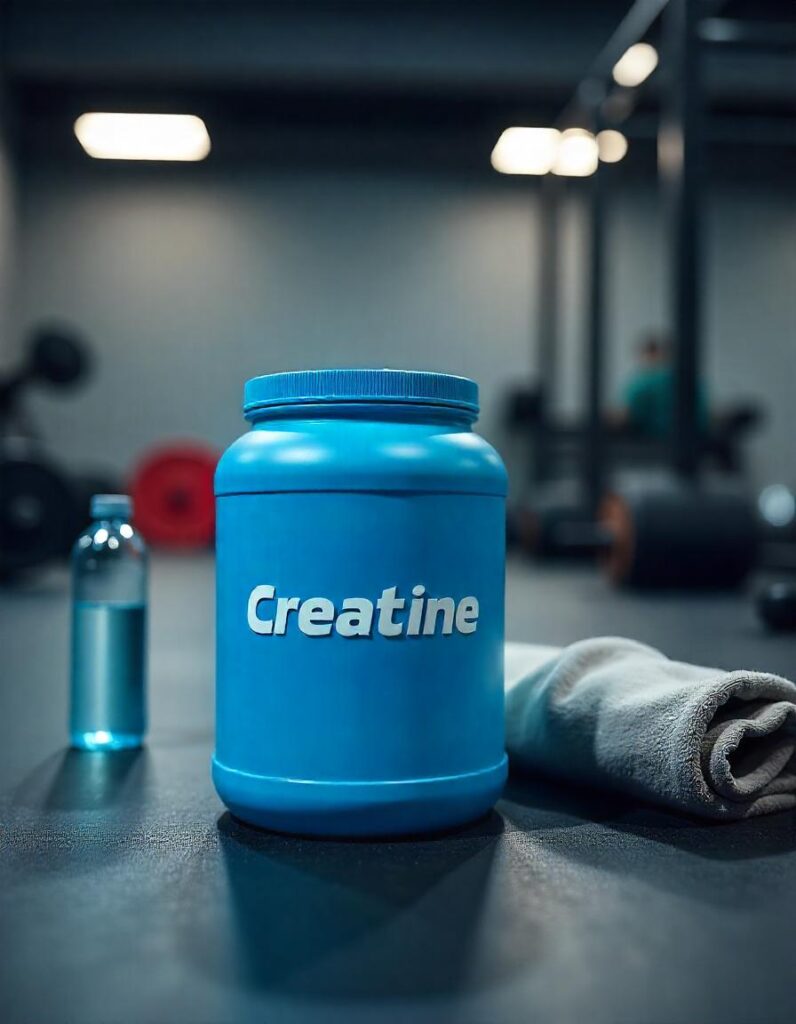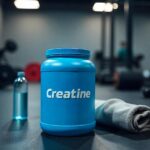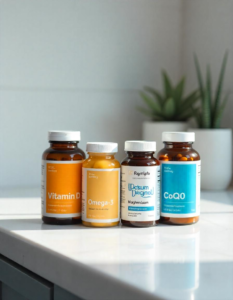
A groundbreaking study from the University of Oxford has revealed that CREATINE — typically known for boosting muscle and athletic performance — may also improve mental health. When paired with traditional therapy, this molecule could enhance treatment outcomes for depression.
🔬 Inside the Study: What They Did
Led by Riccardo De Giorgi, Oxford researchers ran a clinical trial in India with 100 participants suffering from mild to severe depression.
Participants were split into two groups:
-
One received cognitive-behavioral therapy (CBT) + creatine
-
The other received CBT + placebo
Over 8 weeks, researchers used the PHQ-9 (a standard depression scale) to track symptom changes.
📊 The Results Were Clear
-
Both groups improved
-
But the creatine group dropped 5.12 more points on the PHQ-9 than the placebo group
Most importantly, creatine was well tolerated, with similar dropout rates and side effects across both groups.
⚙️ 3 Ways Creatine Supports Mental Health
1. ⚡ Boosts Brain Energy
Creatine powers your brain by helping it produce ATP, the energy molecule every brain cell relies on. Low ATP levels are linked to poor cognitive function and depression — creatine helps close that gap.
2. 🧠 Supports Mood Balance
Creatine affects serotonin and dopamine, two major neurotransmitters tied to mood. This multi-pathway influence might explain why some people feel more stable and uplifted with supplementation.
3. 🧩 Reduces Mental Fatigue
A 2022 study found that creatine reduces mental exhaustion, especially under stress or sleep deprivation — both common issues in people dealing with depression.
💡 Why This Study Matters
Unlike traditional antidepressants, creatine has:
-
A strong safety profile
-
Minimal side effects
-
Is low-cost and widely available
This makes it a potential game changer for those looking to enhance their mental health without relying solely on pharmaceuticals.
🔭 What’s Next?
While the findings are exciting, remember:
-
This was a small trial
-
More long-term, large-scale studies are needed
-
We still need to establish the ideal dose and duration
✅ Should You Consider Creatine?
Maybe — but talk to your healthcare provider first. They can:
-
Evaluate if creatine fits your treatment plan
-
Check for any medication interactions
-
Monitor your progress safely
🚀 Final Take
This study marks a bold step in how we think about mental health support. As we explore new ways to treat depression, creatine could become a powerful ally — not just for your muscles, but your mind.
The Four Must-Have Supplements for Midlife Vitality: Boosting Longevity Naturally








